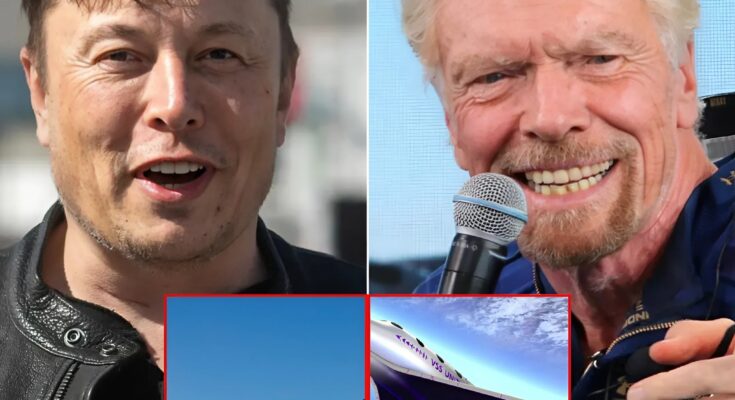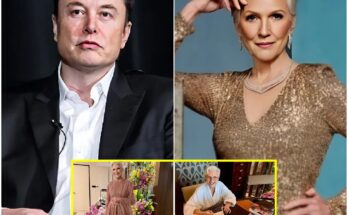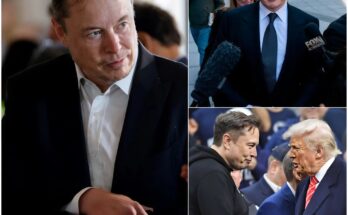Recent remarks by Sir Richard Branson directed toward Elon Musk have sparked renewed interest and speculation within the aerospace community. While Branson’s comments appear courteous on the surface, industry insiders suggest that beneath the polished words lies a current of envy and rivalry, intensified by SpaceX’s undeniable lead in the ongoing space race.
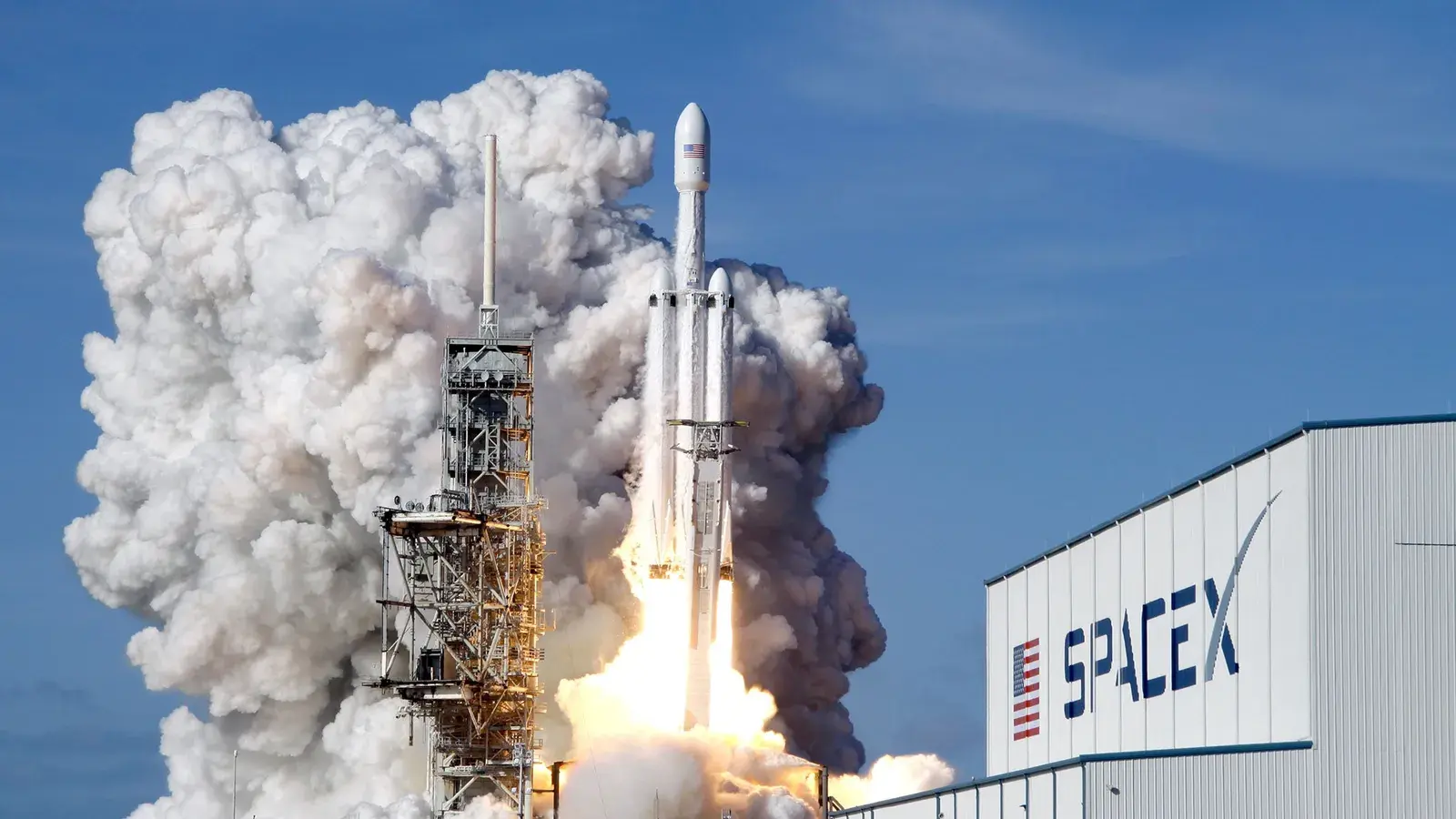
Richard Branson, founder of Virgin Galactic, has long been a prominent figure in commercial spaceflight. His pioneering efforts to bring space tourism to the masses were celebrated as revolutionary. However, as SpaceX, led by Elon Musk, continues to set unprecedented milestones with reusable rockets, satellite mega-constellations, and ambitious Mars colonization plans, Branson’s position in the industry has increasingly come under pressure.
In recent public statements, Branson praised Musk’s visionary approach and acknowledged the achievements of SpaceX. Yet, many experts interpret these words as diplomatically masking a deeper frustration. The reason is clear: SpaceX’s successes have eclipsed Virgin Galactic’s progress, which has faced delays and technical challenges.
Analysts highlight that SpaceX’s operational achievements — including the frequent launches of the Falcon 9 rocket, the deployment of the Starlink internet network, and the development of the Starship vehicle — have redefined the standards of what private space companies can achieve. This stark contrast amplifies the competitive tension between the two aerospace magnates.
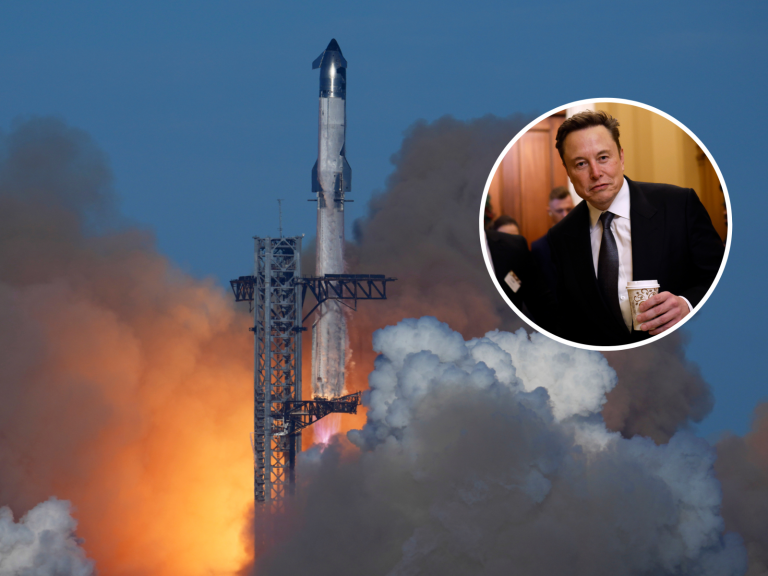
Branson’s strategic focus on suborbital space tourism contrasts sharply with Musk’s expansive ambitions encompassing interplanetary travel and satellite infrastructure. While Virgin Galactic aims to offer brief, scenic flights to the edge of space, SpaceX is actively working toward sustainable human presence beyond Earth. This fundamental difference underscores the scale of SpaceX’s technological and commercial advantage.
Industry observers note that Branson’s subtle envy is not unusual in high-stakes innovation sectors, where visionary leaders often find themselves competing not just in the market but also in public perception. The interplay between collaboration and competition shapes the narrative of commercial space exploration today.
Despite the rivalry, both entrepreneurs share a common goal: to expand humanity’s reach beyond our planet. Their contrasting approaches highlight the multifaceted nature of space exploration, where various technologies and business models coexist and evolve.
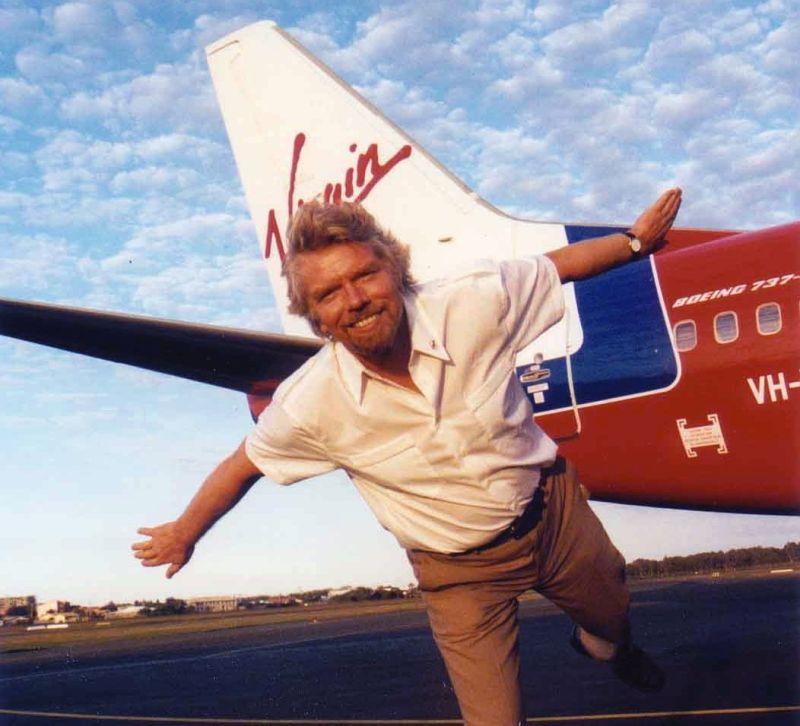
In response to Branson’s remarks, Elon Musk has remained characteristically focused on SpaceX’s mission objectives, emphasizing technological progress and cost reduction. Musk’s pragmatic communication style contrasts with Branson’s more polished public relations approach, further accentuating their different leadership personas.
As SpaceX continues to dominate headlines with successful missions and ambitious plans, Branson’s reflections serve as a reminder of the intense competition driving innovation in the space industry. The race to the stars is not only about technological prowess but also about vision, leadership, and the ability to inspire.
In summary, while Richard Branson’s words for Elon Musk appear respectful, underlying them is a complex blend of rivalry and envy fueled by SpaceX’s leadership in the space race. This dynamic rivalry is propelling the private space sector forward, promising exciting developments for the future of humanity’s journey into space.
